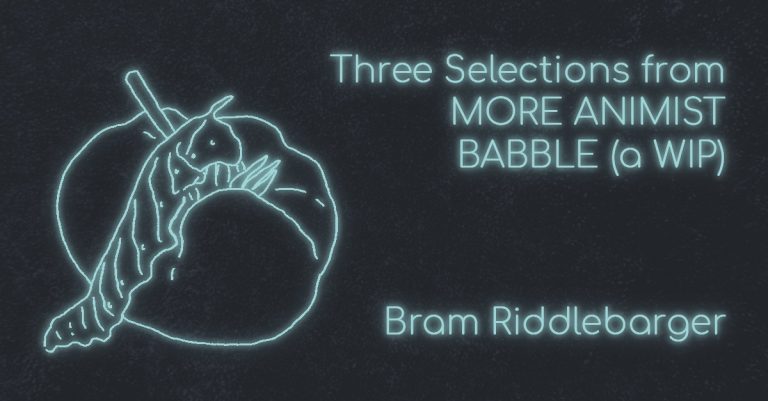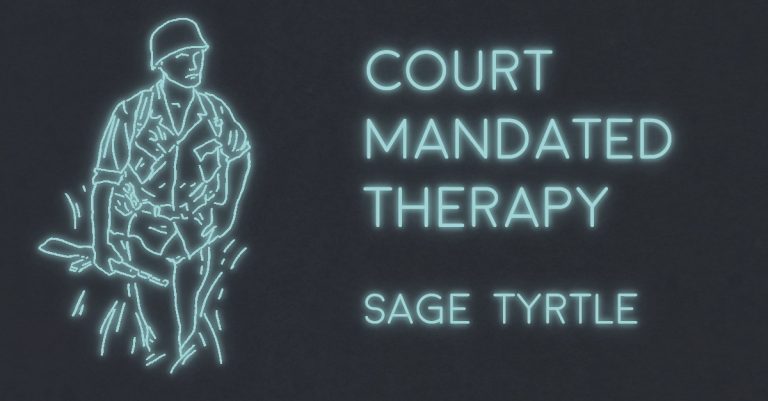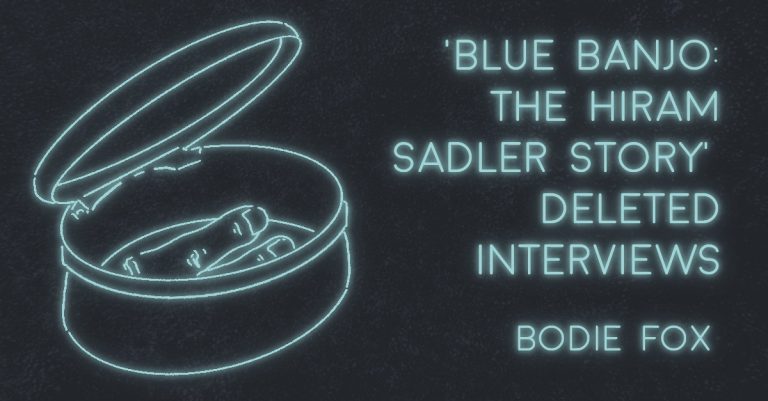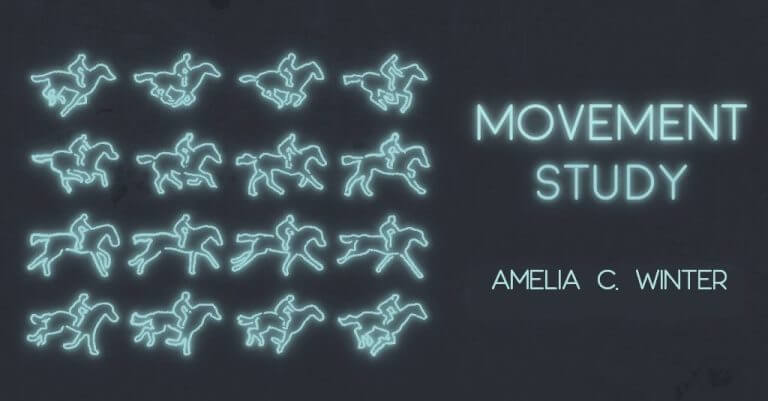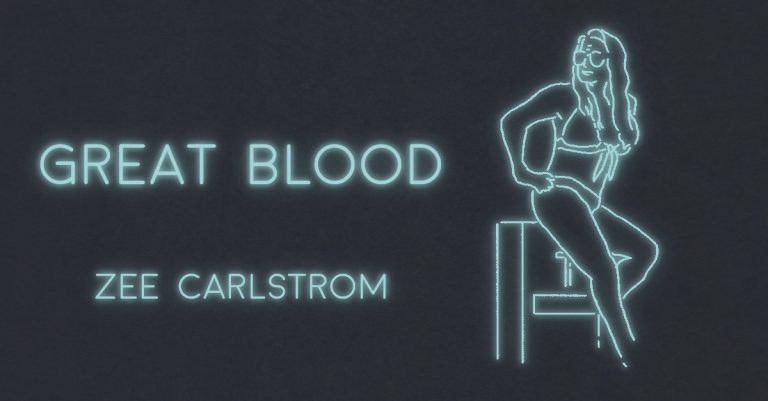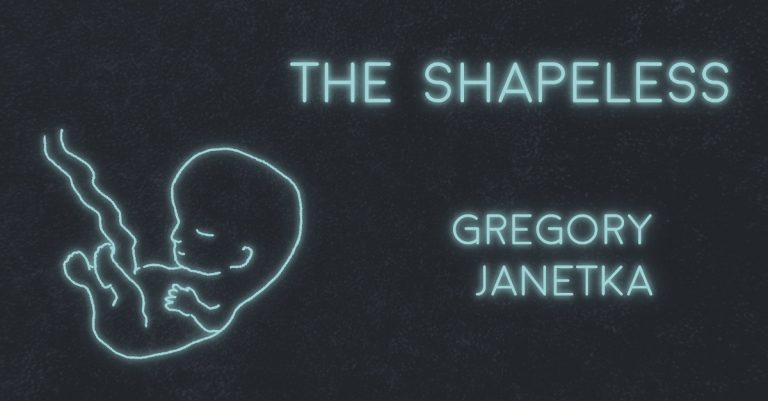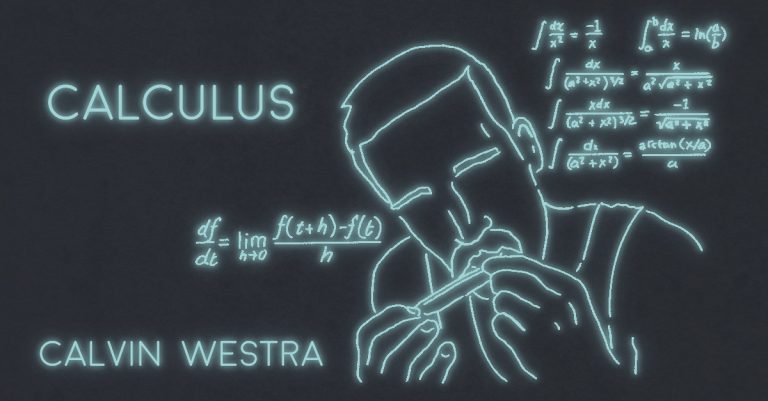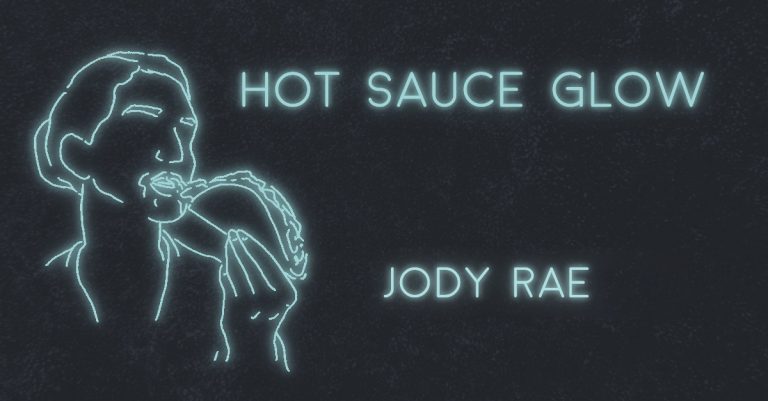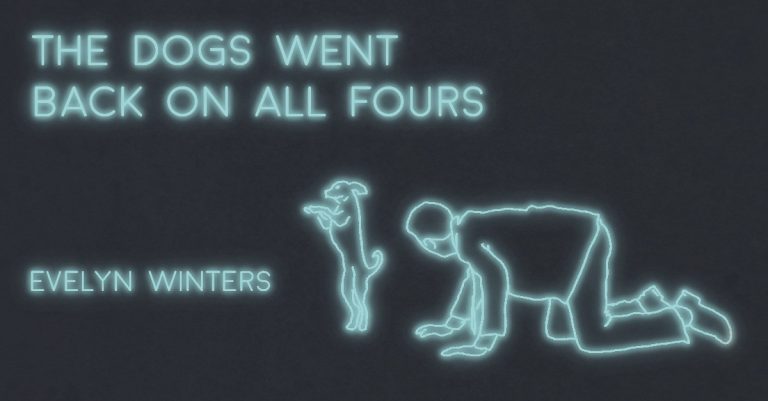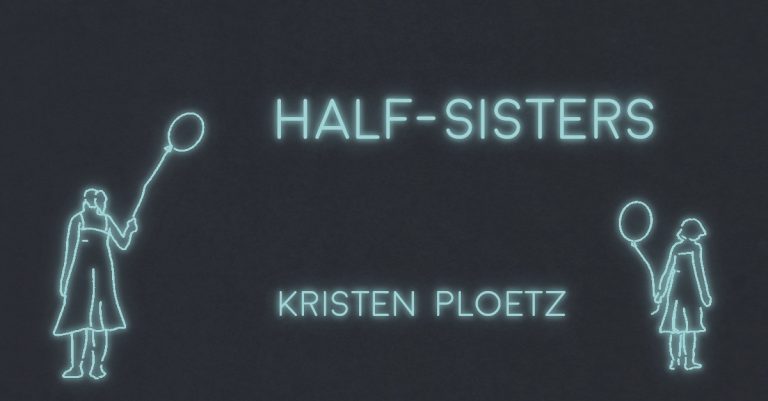
HALF-SISTERS by Kristen M. Ploetz
red + blue Her birthstone is amethyst and she has his blue eyes. At the fair, he buys her a purple balloon; when it slips from her grip, he buys her another and ties it to her wrist, winks as he promises, this one will always stay. When he reads to her at night he points to the lupine in Miss Rumphius and tells her about the importance of family. On sunny days he holds her hand as they meander through rocky tide pools where they look for the purple arms of sea stars under shimmering water. She steps barefoot

